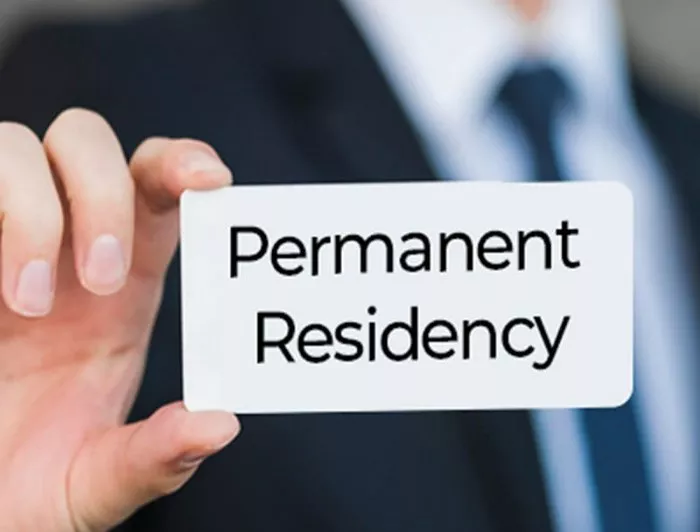As individuals navigate the intricate landscape of immigration laws and regulations, one question looms large for those who have obtained permanent residency status: how long can they stay in their host country? This question is paramount for individuals seeking stability, planning their future, and integrating into their adopted communities. In this comprehensive article, we delve into the nuances of permanent residency duration, shedding light on various factors that influence the length of stay for permanent residents.
Understanding Permanent Residency: A Foundation
Permanent residency, often referred to as a green card in the United States or indefinite leave to remain in the United Kingdom, grants non-citizens the right to live and work in a country indefinitely. It signifies a significant milestone in an individual’s immigration journey, offering a pathway to long-term settlement and integration.
Duration of Stay for Permanent Residents: Key Considerations
While permanent residency provides a sense of security and stability, it is not without limitations. The duration of stay for permanent residents is contingent upon several factors, including but not limited to:
1. Residency Requirements: Many countries impose residency requirements on permanent residents to maintain their status. These requirements typically entail residing in the country for a specified period within a given timeframe. Failure to meet these requirements could jeopardize one’s permanent residency status.
2. Renewal Procedures: Permanent residents may need to renew their residency documents periodically. This process ensures that individuals continue to meet the eligibility criteria for permanent residency, including criminal background checks and adherence to immigration laws.
3. Travel Restrictions: Permanent residents must navigate travel restrictions imposed by their host country. While they have the right to travel freely within the country, international travel may come with limitations, such as the need for re-entry permits or restrictions on the duration of absence from the country.
4. Criminal Convictions: Serious criminal convictions can have severe consequences for permanent residents, including deportation. Individuals with permanent residency status must adhere to the laws of their host country to avoid jeopardizing their status and facing deportation proceedings.
5. Intent to Reside: Authorities may scrutinize a permanent resident’s intent to reside in the country. If there is evidence to suggest that an individual no longer intends to make the host country their permanent home, their residency status may be called into question.
6. Special Circumstances: Certain circumstances, such as employment opportunities abroad or family emergencies, may necessitate prolonged periods of absence from the host country. Permanent residents must navigate these situations carefully to avoid jeopardizing their status.
Maintaining Permanent Residency Status: Best Practices
Given the complexities surrounding the duration of stay for permanent residents, it is essential to adopt best practices to maintain residency status. Some key strategies include:
1. Stay Informed: Remain abreast of changes to immigration laws and regulations that may impact permanent residency status. Government websites, legal resources, and immigration attorneys can provide valuable insights into evolving policies.
2. Meet Residency Requirements: Fulfill residency requirements stipulated by the host country to demonstrate a commitment to permanent residency. Keep detailed records of time spent in the country to substantiate compliance with these requirements.
3. Renew Residency Documents Promptly: Adhere to renewal procedures and deadlines to ensure continuous validity of residency documents. Failure to renew documents in a timely manner can lead to lapses in residency status.
4. Seek Legal Guidance: Consult immigration attorneys for personalized guidance on maintaining permanent residency status, especially in complex legal scenarios or when facing challenges such as criminal convictions or extended periods of absence from the host country.
4. Demonstrate Intent to Reside: Provide evidence of intent to reside in the host country, such as property ownership, employment, or community involvement. Clear demonstration of ties to the host country can strengthen one’s case in maintaining permanent residency status.
5. Comply with Travel Restrictions: Adhere to travel restrictions imposed by the host country, including obtaining necessary permits and ensuring compliance with re-entry requirements. Plan international travel carefully to mitigate any risks to residency status.
Conclusion
The duration of stay for permanent residents is a multifaceted issue shaped by various legal, procedural, and personal factors. While permanent residency offers the promise of long-term settlement and integration, it also comes with responsibilities and obligations. By understanding the complexities surrounding permanent residency duration and adopting proactive measures to maintain residency status, individuals can navigate their immigration journey with confidence and security.


